Ruben Amorim thought he would make headlines, and he was absolutely correct.
The Manchester United manager described his team as “maybe the worst” in the 147-year history of the club after their 3-1 defeat against Brighton on Sunday.
Pundits are divided over the wisdom of the comments – but how will such searing criticism impact the players?
“It could be a powerful moment for the team,” Dr Martin Turner, a sports psychologist at Manchester Metropolitan University, told BBC Radio 5 Live.
“It is pretty rare that somebody would be so candid and so bold in some of those statements.
“He is saying ‘right, here is the reality’ and he wants some sort of change, wants to move something or be the catalyst for for something.”
United’s defeat by Brighton was the fourth loss in their past five home Premier League games and leaves them 13th in the table.
They have collected 11 points in 11 league games since Amorim replaced Erik ten Hag in November.
In his post-match media conference, Amorim said: “In [the past] 10 games in the Premier League, we won two. Imagine what this is for a fan of Manchester United. Imagine what this is for me.
“We are the worst team maybe in the history of Manchester United. I know you [media] want headlines but I am saying that because we have to acknowledge that and to change that. Here you go: your headlines.”
Dr Turner believes those comments were a direct message to his players.
“With the managers I work with we principally see the post-match press conference as being for your players. Jurgen Klopp was really good at this,” he said.
“You should use it as an opportunity to communicate to your team and that is where it is used most powerfully.
“Players like to be challenged. What they don’t like is things being made up around them. They want straight feedback which gets them from A to B, with B being better performance.
“The players want to win games, they want to perform well and if this is part of the process to get them to that point then I think most players will be fine with what’s happened, if it gets them better.
“If you are a leader what you want is to have a mid-to-long term mindset. The problem in sport is it can be very short term.
“He [Amorim] is going to face scrutiny and the players are too. But can they weather this and survive strong enough as a team to then get those successes in the mid-to-long term?”












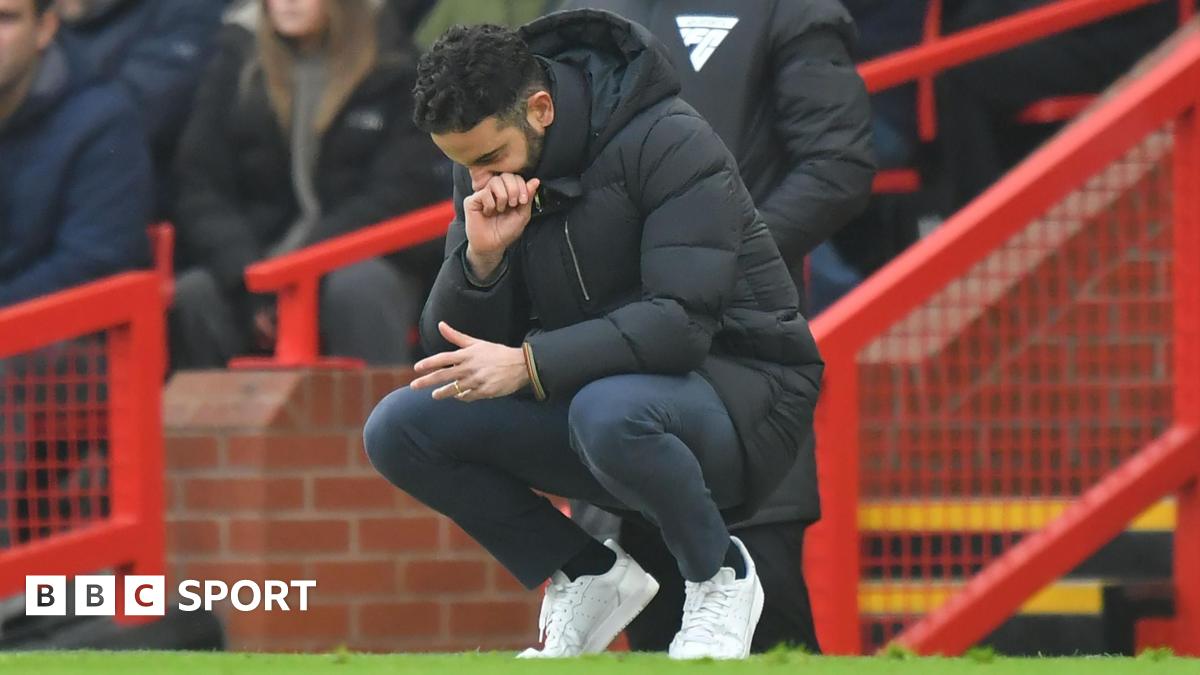
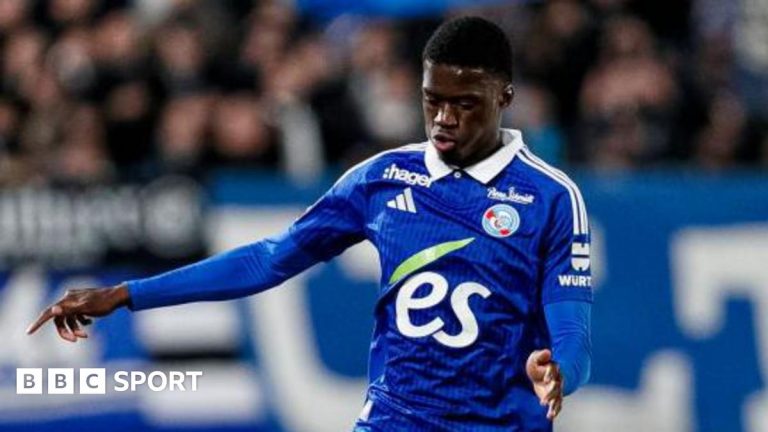

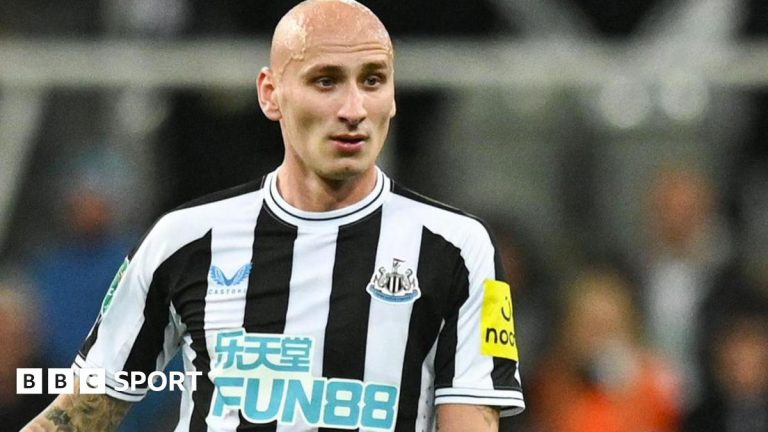


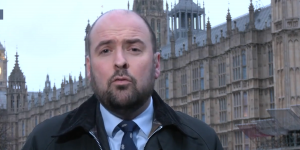
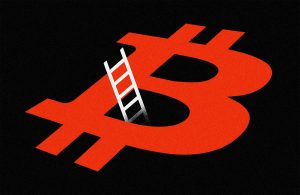


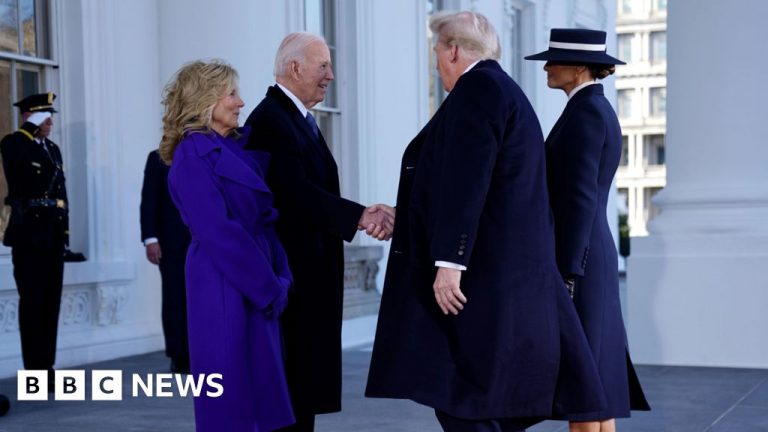
+ There are no comments
Add yours